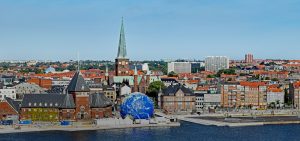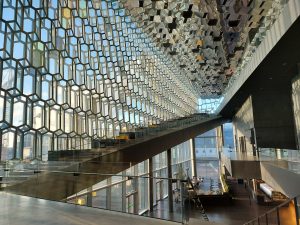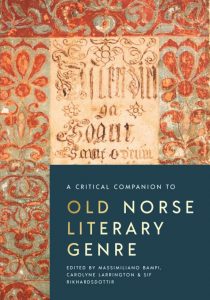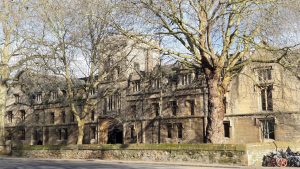From March 24th-26th, the project’s intrepid doctoral student, Meritxell Risco de la Torre, “went to Denmark” and presented at the 14th Interdisciplinary Aarhus Student Symposium on Viking and Medieval Scandinavian Subjects (via Zoom).
Meritxell’s presentation was titled ‘Gender Rules / Gender Roles: Sex, Emotions, and Power in Partalopa saga and La Historia de L’Esforçat Cavaller Partinobles’. It compared two translations of the French romance Partonopeu de Blois and analysed the establishment of gendered power structures during Partonopeus and Melior’s first sexual encounter.
Further details about the conference, including the full programme, can be found here.








